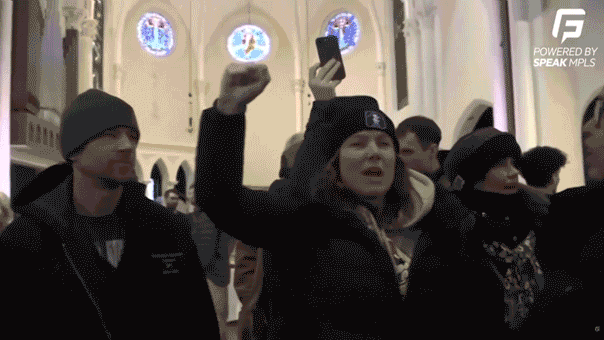Fox News Flash top headlines for March 4
Fox News Flash top headlines are here. Check out what's clicking on Foxnews.com.
The House easily passed an $8.3 billion supplemental spending bill Wednesday to battle the coronavirus outbreak that threatens a major shock to the economy and disruptions to everyday life in the U.S.
The legislation passed 415-2, with Republican Reps. Andy Biggs of Arizona and Ken Buck of Colorado the only ones to vote "nay." The bill came together in little more than a week, a rarity in a deeply polarized Washington, and more than triples the $2.5 billion plan unveiled by President Trump just last week.
The legislation now goes on to the Senate where it is also expected to pass easily on Thursday. President Trump is sure to sign the measure, which has the blessing of top Republicans like Senate Majority Leader Mitch McConnell, R-Ky., and House Minority Leader Kevin McCarthy, R-Calif.
CLICK HERE FOR FOX NEWS' CONTINUING CORONAVIRUS COVERAGE
“This moment calls for collaboration and unity,” McConnell said. “It’s time to give our public health experts and healthcare professionals the surge resources they need at this challenging time.”
Biggs said voted against the measure because it spent too much money and fell short of addressing the actual concerns of the outbreak.
“Throwing money at a potentially serious issue does not alleviate the American people’s concerns," Biggs said in a statement. "Nor does politicizing the issue to score points for future elections. Congressional Republicans and Democrats should join the White House to calmly, wisely, and pro-actively communicate a unified response to their constituents."
"We must rise to the occasion and do what is best for this situation – as well as for future generations," Biggs added. "Unfortunately, this bill fell short of that objective.”
The agreement came together after House Speaker Nancy Pelosi, D-Calif., dropped a demand, opposed by Republicans and the drug industry, to guarantee that any vaccines and drug treatments developed with government-backed research — but manufactured by drug companies — be offered at "affordable" prices.
Instead, more than $3 billion would be dedicated to research and development on vaccines, medicines for treatment, and diagnostic tests, including $300 million for the government to purchase such drugs from manufacturers at “fair and reasonable” prices to distribute them to those who need it — which is the standard applied in earlier crises like the 2009 H1N1 flu outbreak.
It also would provide more than $2 billion to help federal, state, and local governments prepare for and respond to the coronavirus threat, including $300 million for the Centers for Disease Control's rapid response fund. Another $1.3 billion would be used to help fight the virus overseas.
Nearly $1 billion in additional funds would provide medical supplies and other preparedness steps like $350 million to aggressively go after the virus in “hot spots” like Washington state, $500 million to buy drugs, masks, and other medical supplies for states, local governments and hospitals, and $100 million for community health centers. It would devote $500 million to Medicare for remote "telehealth" consultations that would permit sick people to get treatment without visiting a doctor.
CLICK HERE TO GET THE FOX NEWS APP
“This robust, bipartisan agreement goes far above the President’s totally inadequate request to actually meet the needs we are hearing from our states and will help ensure tests and vaccines are available to everyone who needs them," said Sen. Patty Murray, D-Wash.
The agreement comes as the outbreak in the U.S. appears increasingly likely to affect workers who are instructed to stay home, immigrants who may fear seeking treatment because they are in the U.S. illegally, and the potential rapid spread of the virus among homeless people. Widespread school closures are possible as well.
CLICK HERE FOR COMPLETE CORONAVIRUS COVERAGE
“The American people are apprehensive about the spread of the coronavirus in the U.S. and abroad. Global financial markets are on edge,” said Sen. Richard Shelby, R-Ala., chairman of the Appropriations Committee. "Both are resilient, but vigorous action is needed to calm nerves, stabilize the situation, and get our arms around this crisis.
The Associated Press contributed to this report.















































